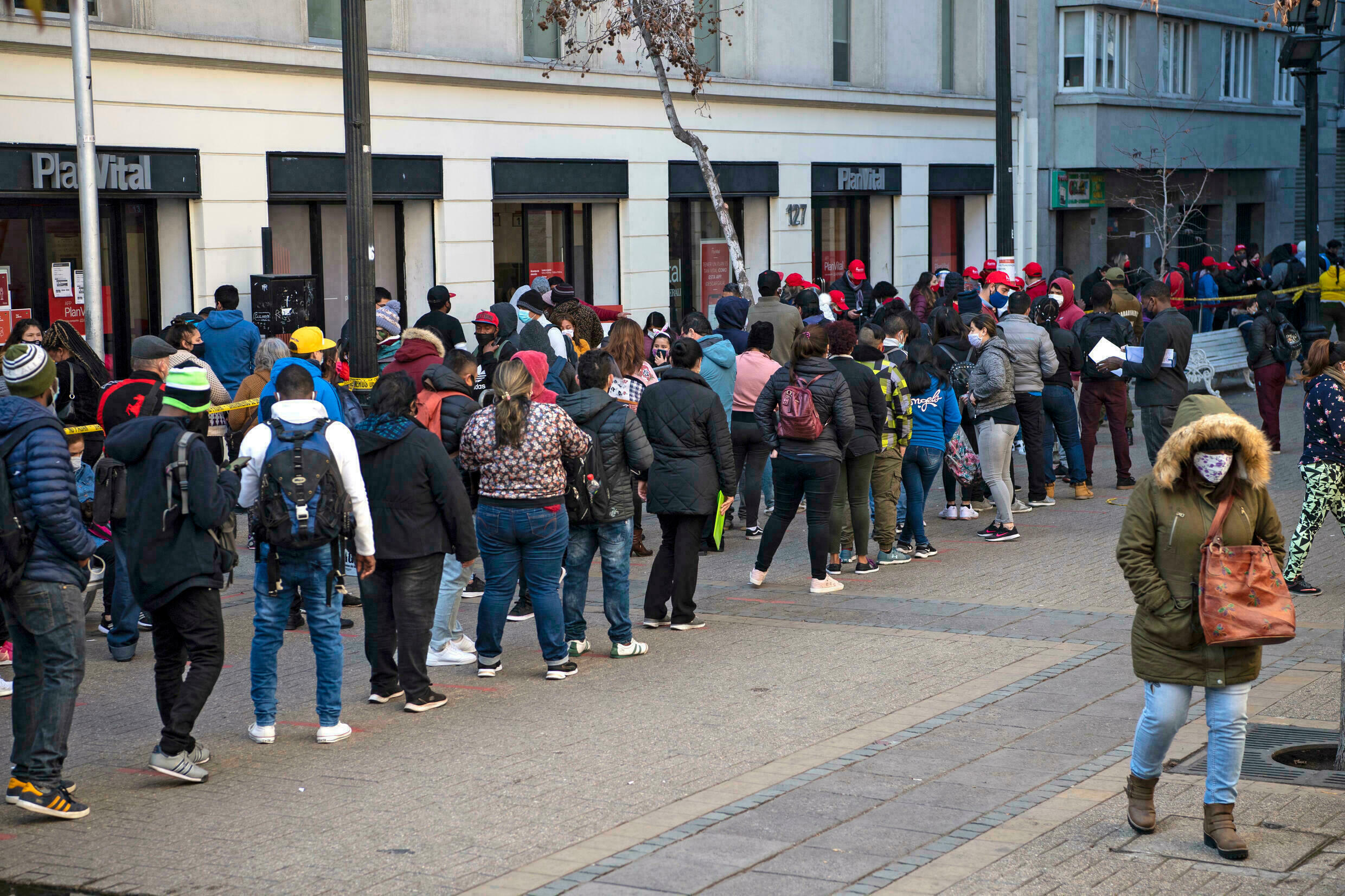RIO DE JANEIRO, BRAZIL – Chile’s Chamber of Deputies on Tuesday (28) approved a fourth early withdrawal of 10% of pension funds to alleviate the economic difficulties caused by the pandemic. This previous measures fueled inflation and were resisted by the conservative government of Sebastián Piñera.
“APPROVED, Chamber approves bill to allow members of the pension system, the early and voluntary withdrawal of part of their funds”, tweeted the legislative body after the initiative got 94 votes in favor (one more than necessary), 39 against, and nine abstentions. To become law, the text must now be approved by the Senate.
Read also: Check out our coverage on Chile
The bill presented by center-left legislators received the votes of 17 pro-government deputies, who ignored the government’s warnings that it would be very unpopular to reject it amid the presidential and parliamentary election campaign of November 21.

“It seems to us to be terrible news for the pensions of Chileans”, said after the vote the Minister of the Presidency, Juan José Ossa, who criticized the “electoral opportunism” of the pro-government deputies who supported the withdrawal.
Since September 2020 and in the middle of the pandemic, Congress approved three withdrawals of 10% each of the funds accumulated in individual accounts in private pension funds, companies criticized by Chileans for paying low pensions.
The government stated that this new withdrawal is not justified because the worst of the economic crisis is over. The measure may fuel inflation by putting between US$12 and 16 billion into circulation.
In addition, the government stressed that jobs were recovered and direct state aid to families was extended.
The withdrawals were approved thanks to pro-government legislators who joined the opposition.
“We no longer have quarantines, [economic] recovery has already begun, and we are facing an unprecedented rise in consumption,” said during the debate Congressman José Auth, one of the few opponents who voted against the initiative.
“The withdrawals have set back six years the goal of having decent pensions,” said Auth after the vote, while his opposition colleagues celebrated.
But the communist deputy Karol Cariola justified the approval of the new withdrawal, affirming that “there is an economic restriction [among the population] that is real, indebtedness of people who for many months did not receive government aid”.
QUESTIONED SYSTEM
In the first three withdrawals, Chilean workers withdrew US$50 billion, according to the Superintendence of Pensions.
With these withdrawals, there are now five million people, out of 11 million affiliates, left without retirement funds these administrators set up 40 years ago under the dictatorship of Augusto Pinochet (1973-1990).
A large part of the current economic expansion is due to the substantial increase in consumption due to retirements and government aid to families, which in the second half of the year reached 16 of the country’s 19 million inhabitants.
Outrage over low pensions was one of the causes of the violent social outburst of 2019, a mobilization that has been channeled into a constituent process. In Chile, there is a clamor to change the pension system, but there is no model to replace it.
RISK OF OVERHEATING
The Lower House gave the green light to the new retirement weeks after the Central Bank raised the interest rate to contain inflation, which threatens to exceed the annual target of 4%. Up to August, the cumulative figure was 3.2%.
The approval came amid warnings that the economy is at risk of “overheating” due to excess liquidity, withdrawals, and pandemic aid.
“There is a hint of overheating that can be seen in the inflation figures, which are rising, but above all, there is a potential for overheating,” economist Guillermo Larraín, former Superintendent of Pensions and former Superintendent of Securities and Insurance, recently explained to AFP.
Meanwhile, the president of the Central Bank, Mario Marcel, warned that “it is different to provide resources to feed consumption when an economy is in recession than when the economy is at risk of overheating”.

